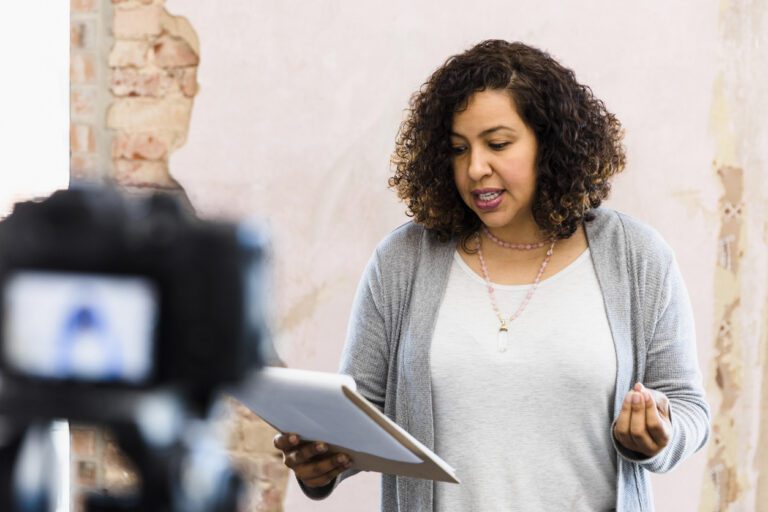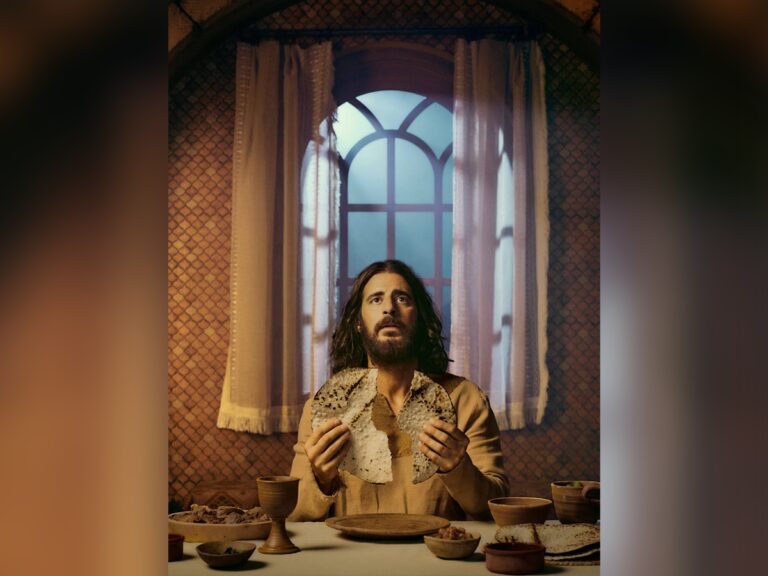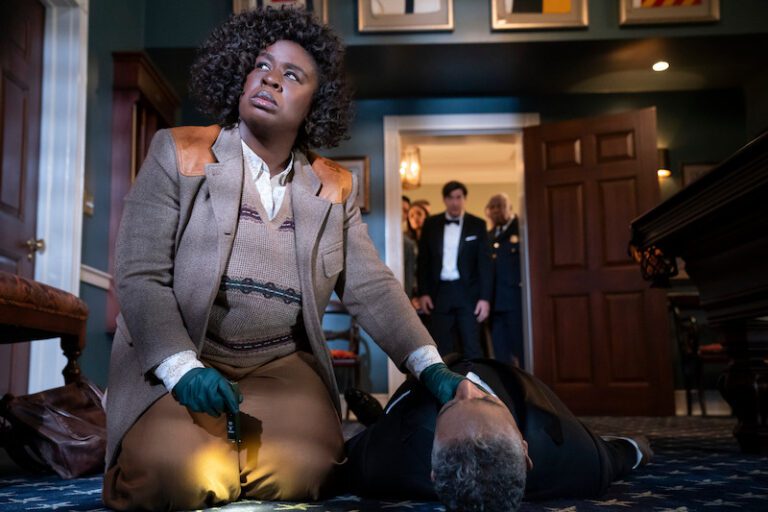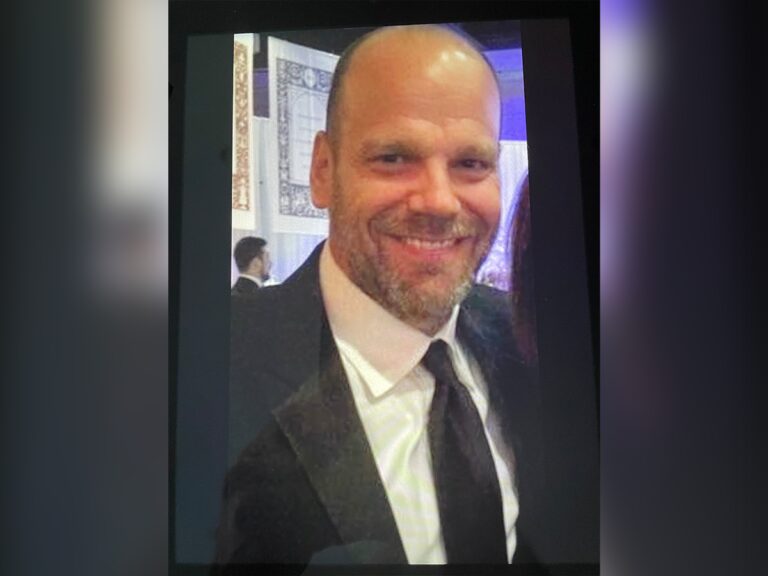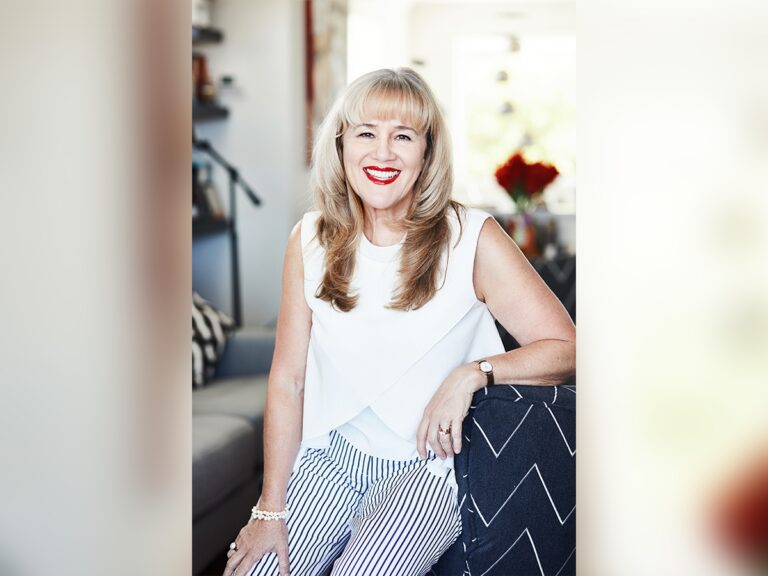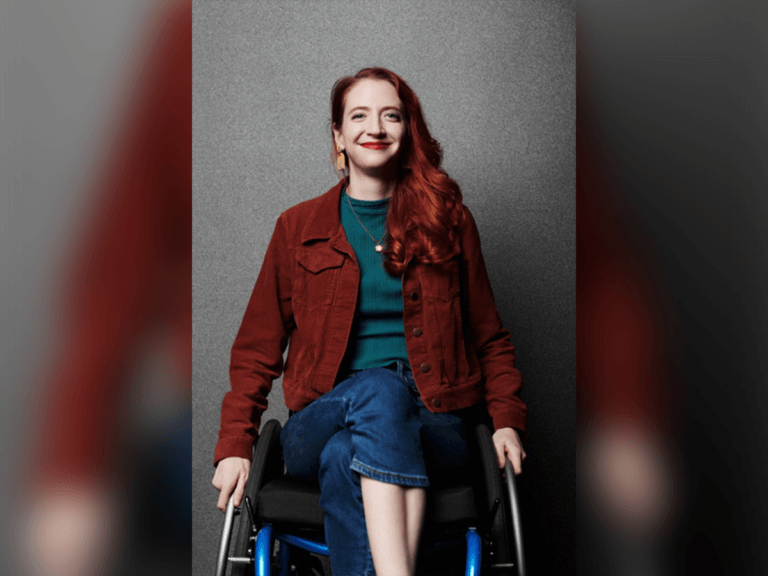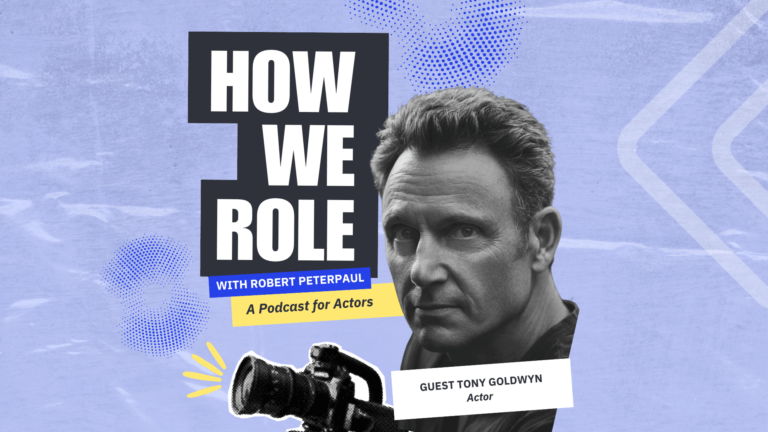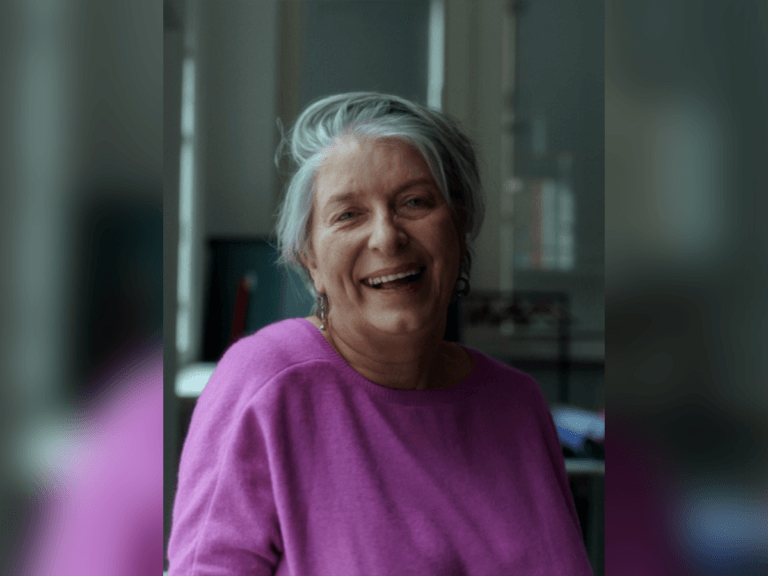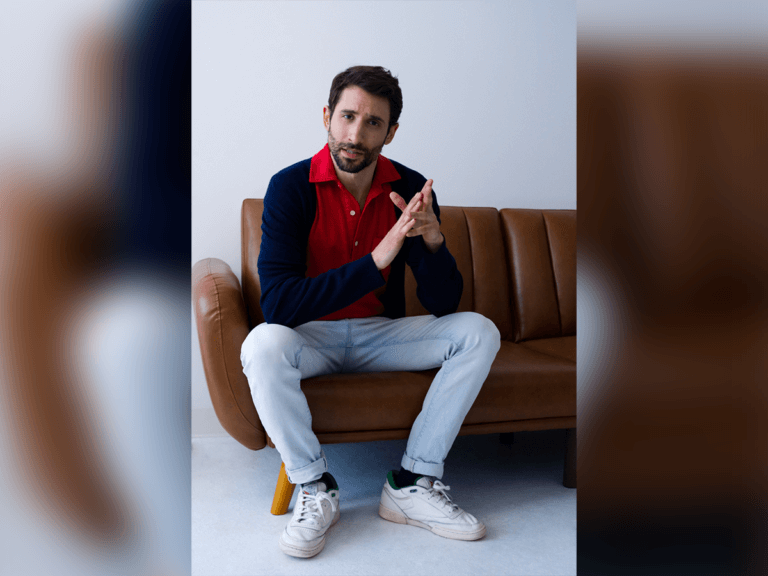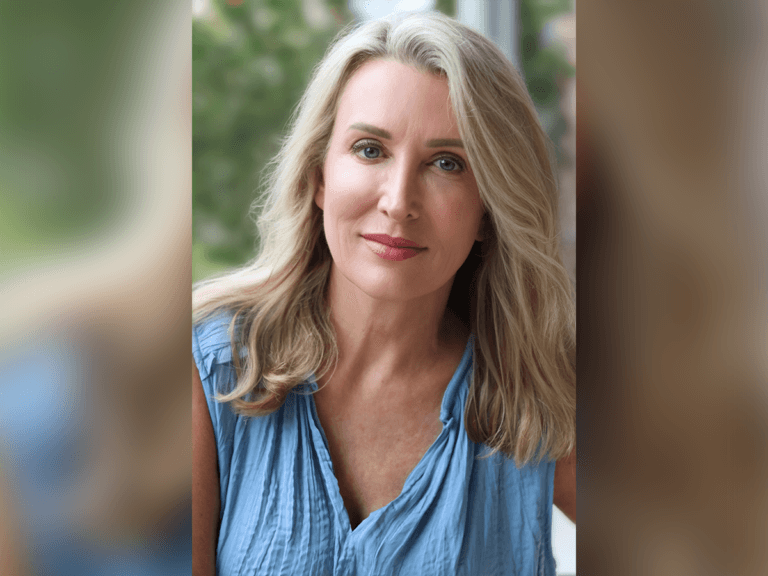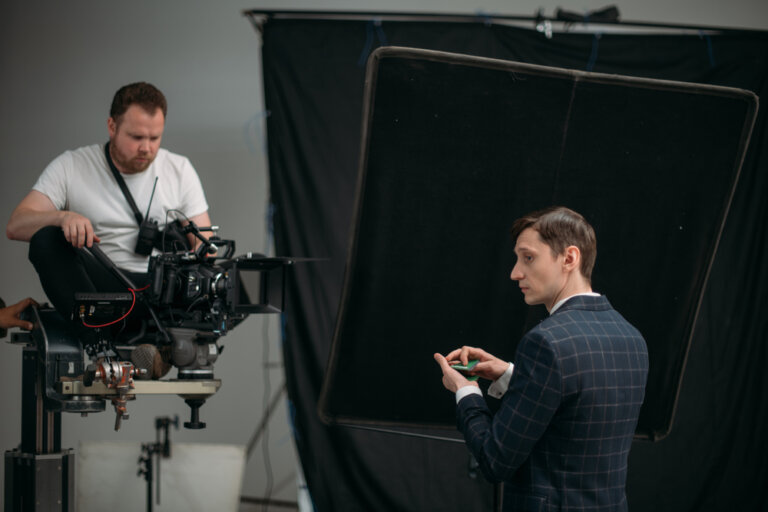There aren’t many casting directors better at finding new talent than Maureen Hughes. If all she did was give mega talents like Paul Mescal, Barry Keoghan and Jack Reynor their first jobs, that would probably be enough. Among Hughes’ casting accolades is Six Shooter, the short film that won Martin McDonagh an Oscar and started him down the road to being one of the most acclaimed filmmakers today. She has also cast John Carney’s seminal debut, Once.
Throughout a career that’s lasted more than 30 years, Hughes has become one of the Irish film community’s treasures. Her most recent outing, the film Small Things Like These, stars Oscar winner Cillian Murphy. She spoke to us from her home in Dublin.
Insights: Lessons from Maureen Hughes
- Bring your authentic self to auditions.
- Casting directors invite actors to audition because they’re intrigued by something in them.
- Part of casting is about understanding the human condition.
Thinking about joining Casting Networks? Sign up for a free trial today!
How did you get into casting in the first place?
By accident, of course, as all great things happen. I happened to be working in a hotel bar where the Druid Theatre company drank. Apparently, I was a wonderful barmaid. Garry Hynes, who was the artistic director of the company, formed a relationship with me because of her drinking and the drinking of the company.
I went to leave the hotel bar to go to another bar, and I got a letter from her brother saying, “We have a job for you. Can you come and join us? You know too much about us.” Yes, I know your drinking habits. (Laughs)
I started with Druid in 1984. I was incredibly lucky because Druid was a young company who were beginning to make their mark in the Irish theatre world. I started as Garry’s assistant, and within about five years, she had pretty much leaned into me for casting. I showed some sort of talent for finding actors. I went from Druid, then into the Abbey Theatre with her in 1989 or 1990, and I became head of casting. Then I stopped.
Why?
I went on the road with the local rock band the Saw Doctors. Then I spent two years on the road on a bus going up and down the motorways of London and Glasgow.
I read a book called The Butcher Boy, an Irish novel by Pat McCabe, and I thought, “This book was going to change my life,” but I couldn’t understand why. Cut to a week later, I read that Neil Jordan — who was one of Ireland’s leading filmmakers at the time — was about to make a film of it. I wrote to Susie Figgis, his casting director in London. I said to her, “I have to work on this film. I have to find that boy.” That was my first film, and I kind of didn’t look back after that.
I still maintained my relationship with Garry Hynes and Druid, though, and of course, Druid then discovered the playwright Martin McDonagh. I cast his first three productions. I cast Six Shooter, the short film that won the Oscar, and I kept working with them up until about 10 years ago, when I stopped working in theatre because I got so busy working in film and TV.
You skipped over something I feel is kind of important. Two years in a rock band? Doing what?
Tour manager. The Saw Doctors are pretty huge. I worked with them for two years as tour manager; basically getting them in and off the bus, into the gigs, all that.
That does not sound dissimilar from the job of a casting director.
It’s the same job. It’s a lot of organization, but also watching the band develop and doing the publicity, organizing the publicity; it’s not dissimilar. I was in the right world, I just wasn’t in the right position perhaps. [I was] in my early 20s.
My daughter is 20 now, and she wants to get into casting. I said, “Go away from me for 10 years. Go and travel, read books, go to gigs, get drunk and get stoned, or do whatever you want to do for 10 years, and then come back to me.” There is a sense, I think, that to become a good casting director, you need to understand the human condition. It’s not always about putting together lists and doing actor checks. It’s about knowing. It’s about learning about people.
I think all casting directors have to have huge degrees of empathy. I worked with Cillian Murphy on his film, Small Things Like These. He asked, “What do you look for when someone comes into a room?” I said, “I always look for what comes for free with this person. Sometimes it’s the way they use their hands or the way they sit in a chair.” I said, “To understand casting, you have to understand the human being and the human condition, because that is what we’re making.”
That sounds to me like that attitude is exactly the kind that’s needed to find that role in The Butcher Boy, and so many other projects in which you’ve worked with children.
When you’re casting children in particular, you’re not getting technique or skills. You’re getting very raw material and you’re looking at that and saying, “Does this work for the role I’m trying to cast?” They’re not graduating out of RADA or Juilliard. They’re coming to you with what they have, and you’re looking at them and saying, “Oh my God, I can use that with this kid, that crazy kind of energy they have.”
What is it about working with kids that’s so appealing to you?
I think there’s magic there. I think they’re unfettered. I think sometimes adult actors can be very mannered and can present, whereas a kid just shows you who they are.
If you find the right kids, they can be exquisite. Like the first time I met Barry Keoghan, for instance. He came to me when he was about 15. He was coming up the stairs into my office, and he said, “Maureen Hughes here?” I remember thinking, “Who is this kid? He’s already got a shocking level of confidence.” I said, “I’m Maureen Hughes.” He says Peter Coonan, another Irish actor, “Told me to come into you because you’d give me the start.” Of course, he’s phenomenal. His talent is feral. It’s not trained.
That feeling, when you see an actor getting something, must be exponential with kids.
Absolutely. It’s huge. It’s like, “What am I going to do with this kid?” Work with them. We have to do something. Show them to a director.
With Barry, what we did was we took him into The Factory, which is this crazy, weird, anarchic version of a drama school where there were no fees. We had a building, but in the building, I had the filmmaker, John Carney. I had Kirsten Sheridan. I was working on a big TV series at the time, set in Dublin, so I was working with a very good director and showrunner, Stuart Carlin. We were just creating all these parts for all these amazing kids that were coming through.
You’ve worked with a lot of people who are now very successful, and you caught them at the beginning. It can’t just be because you live in a small country.
There aren’t a huge amount of casting directors here. At some point, I just happened to be very lucky to be working with the kind of writers that the kids wanted to work with, like the Martin McDonaghs and John Carneys. Maybe because I came from the theatre as well, the writers trusted me a bit more. I love the theatre, it’s kind of where the heart beats really for me, but film and television are where we make careers.
I’ve always seen myself as someone good with finding new talent because I know the door is open. Am I a big international casting director? No, I have little or no interest in being that. For me, this country is producing phenomenal amounts of talent, given the size of our population. I feel it behooves someone like me to make sure that I’m always ready to spot the next one coming up.
For instance, I worked with Paul Mescal the minute he came out of drama college. It was so clear to everybody when he was in college that he was the next big thing. I cast him in a Martin McDonough play, The Lieutenant of Inishmore. Normal People hadn’t yet come out, so nobody knew who he was, but we all knew. It’s about making sure that he got the right roles that would propel him forward, and that you started to build his trajectory for him from the bottom up. For me, the point is to get on to the first five steps. After that, if they’re as good as you think they’re, they’re going to fly anyway, and off they go.
That must be spectacularly rewarding.
Huge. It’s where all the joy is. I was watching Graham Norton the other night, and there were Paul Mescal and Saoirse Ronan sitting with Denzel Washington. I’m going, “In their wildest dreams, did those kids ever think they were going to be sitting on a major TV show in London with Graham Norton and Denzel fucking Washington?” (Laughs)
Working with so many younger actors, do you find that there are common mistakes that they make in the audition process?
I don’t like to describe anything as a mistake. I run very informal sessions. I tend to do a session in all the drama schools where I get a feel for the kids even before they come out. I might go in and do a day’s work with them on themes from established pieces of television, film or stage. I get to learn about them, and, in a way, I’m ready for them when they come out. I’ve already started to form opinions about what I think they’re good at or not good at or weak at.
With that in mind, what piece of advice or wisdom would you give to an actor coming to audition for you?
Be themselves. Bring themselves to the table. The reason I’ve called them in is because I think they’re interesting. In a way, if I’ve asked them to go into a room, it’s because I’m intrigued by something in them. I don’t want them to second guess what they think I’m looking for. I want them to bring their authentic selves. I’m looking for something about their energy. I want to see how they apply themselves to a piece of script, to bring that piece of script alive.
You may also like:
